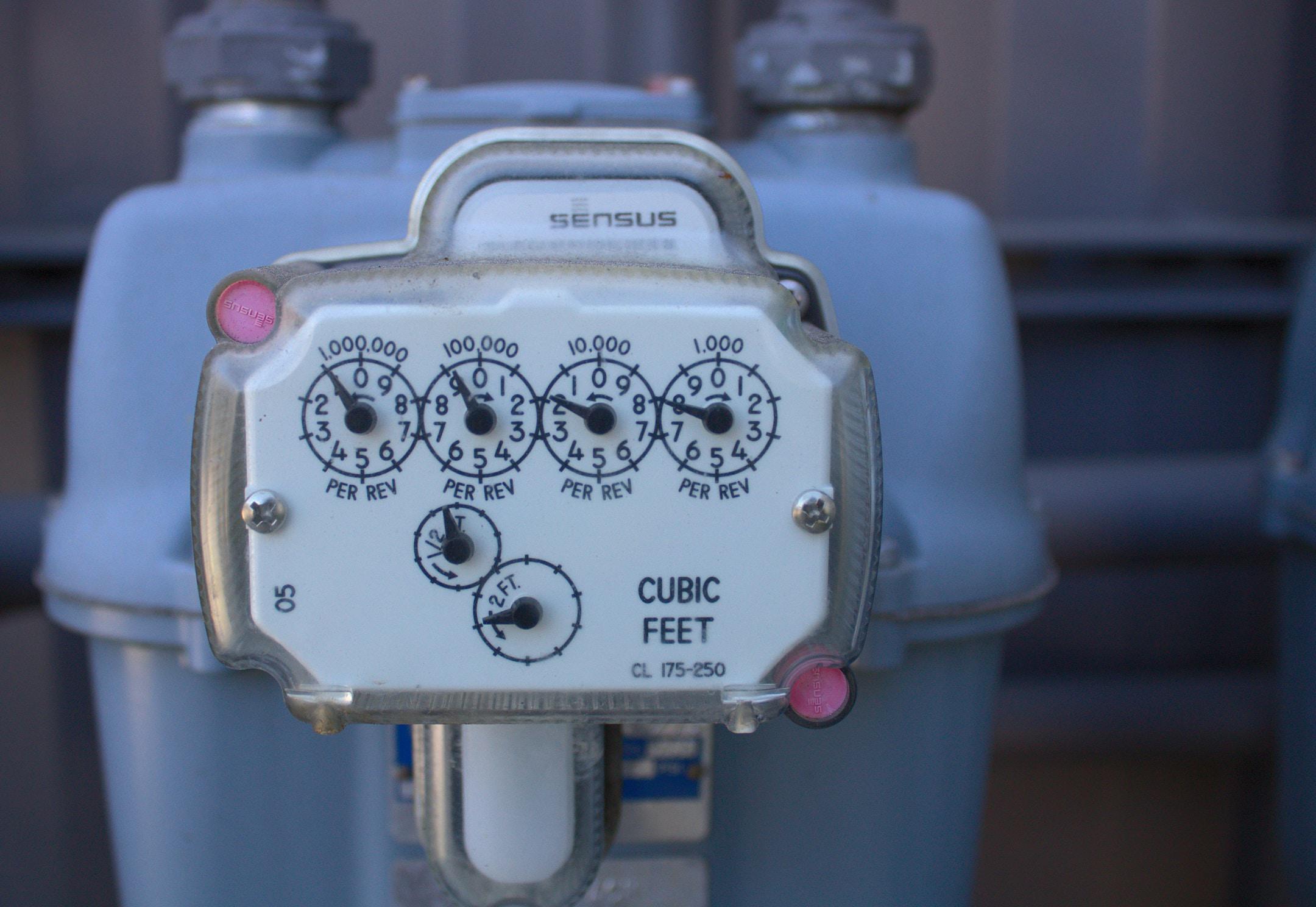
For many homeowners, utility bills account for too much of the monthly budget. In addition to inflated energy consumption, your home’s energy performance problems could be causing thermal discomfort or poor indoor air quality.
According to the U.S. Department of Energy, the average home leaks about as much air as leaving a medium-sized window open 24/7! This uncontrolled air leakage can account for up to 30% of your overall energy usage. Knowing exactly where and how your home is bleeding energy can help you determine what upgrades and improvements can save you the most energy and money, and keep you comfortable year-round.
A home energy audit is performed by a certified professional, such as a BPI Energy Auditor. Building Performance Institute (BPI) has set the bar for home energy auditing and building efficiency for more than 20 years. A certified professional can pinpoint issues that could be wasting energy, increasing your utility bills, or even making your home unhealthy for your family.
Expect the audit to last anywhere from 30 minutes to a few hours, depending on the size and complexity of your home. It is important to be present during the inspection.
This is your opportunity to share any specific concerns. Do you have a drafty room? Poor ventilation? Inefficient or underperforming HVAC system? Your home energy professional will also review and evaluate your home’s historical energy consumption, so have copies or summaries of your utility bills ready.
Your auditor will begin by inspecting your home’s energy systems for efficiency and performance issues, as well as safety. They will evaluate your heating and cooling system, hot water system, appliances, and lighting. Understanding how all of these components work together as a complex system provides an overview of your home’s overall energy efficiency, comfort, and safety.
Simply put, your home’s thermal envelope is any structure that separates the air inside from the air outside, i.e. exterior walls, floors, roofs, windows, doors, insulation, etc. They will perform a blower door test, which depressurizes your home and creates a vacuum to see where air is leaking into your house. They will also do a thermographic scan using infrared cameras which not only reveals air leaks but can see through walls and determine the efficiency of your insulation. Another test pressurizes your home’s ducting to find leaks.
We spend almost 90% of our time indoors, and scientists and health experts have found a correlation between the health of a building and the health of its occupants. In addition to testing your home’s air quality, your energy auditor also has gas leak and carbon monoxide detectors, moisture meters, and other diagnostic equipment to ensure your home is a safe environment.
Following your energy audit, you will be provided with a comprehensive home energy report containing a prioritized list of recommended improvements along with their projected costs and savings. The report will also provide information on any state or national incentives or rebates that you may be eligible for.
Some of the most common energy efficiency recommendations include:
After performing any improvements or upgrades, your BPI-certified professional will return and perform a follow-up test, known as a “test out”, to ensure that all improvements were done correctly and had the desired effect on your home efficiency.
Get in touch to schedule your BPI home energy audit today!